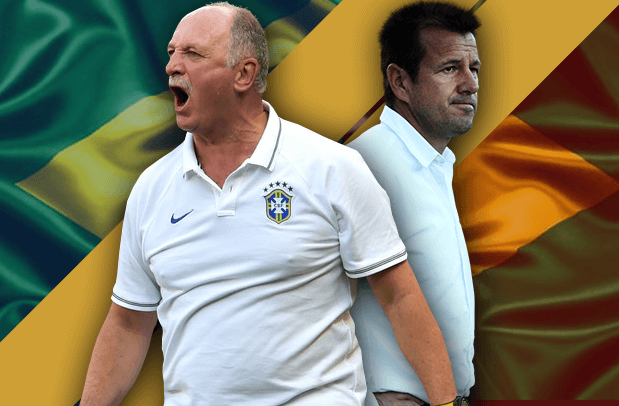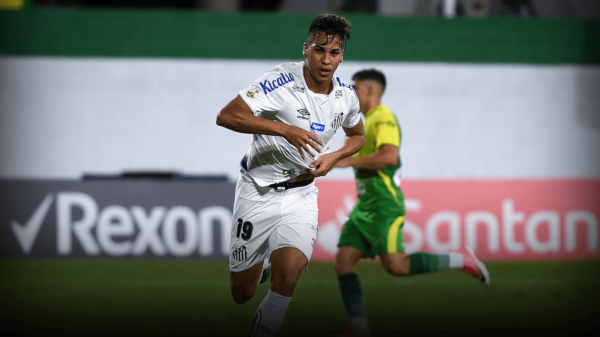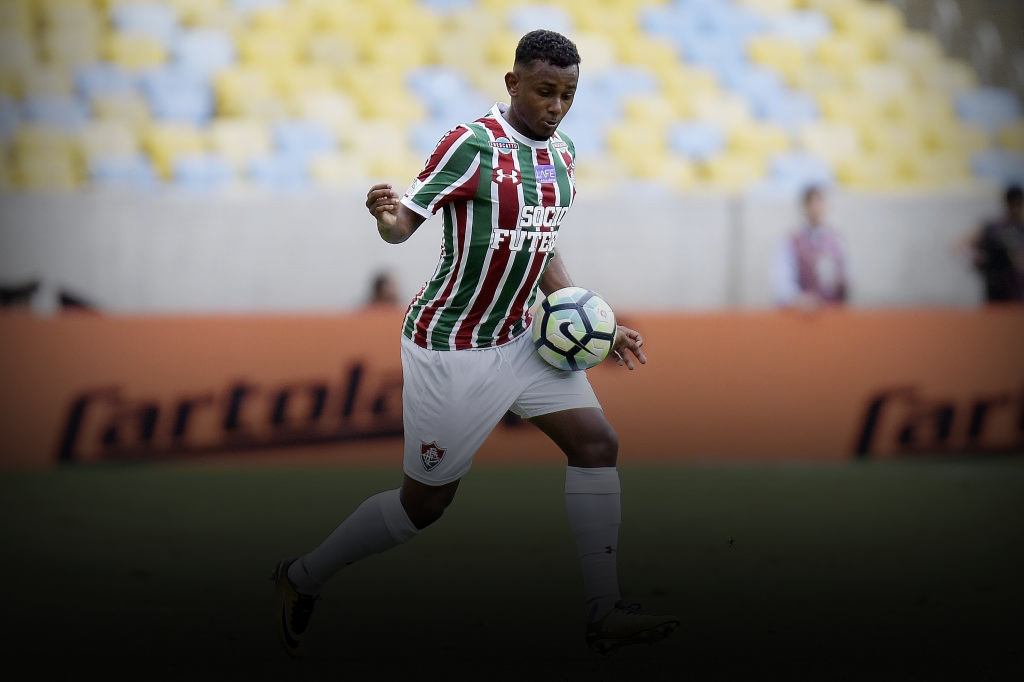Pranav Dar has a look at the various issues plaguing Brazil including, and beyond, their recent managerial failures.
“If I’m playing like crap, feel free to complain, but only if it’s fair. What’s happening to me is not fair. Since the semi-final, people give me less respect. I’m fully convinced that if I’d gone back [to Germany] as a champion, I would’ve been treated differently, even if I was playing exactly the same as I am now. Nobody considers that this can destroy my career.” – Dante [speaking to BILD], fed up about being the butt of all jokes following Brazil’s staggering 7-1 loss to Germany.

Before that demolition, Brazil had not lost at home in their last 62 matches, dating back to 1975.
In the aftermath of the carnage, it emerged that Luiz Felipe Scolari had made a truly bizarre decision on the eve of the game. At 11am local time, six hours before kick-off, Scolari, without so much as a consultation with his players, decided to change his tactics and consequently, his team selection.
The original plan was to match Germany’s power in midfield, with Fernandinho, Paulinho and Luiz Gustavo expected to control, and perhaps even match, the effectiveness and efficiency of the trio of Bastian Schweinsteiger, Toni Kroos and Sami Khedira. However, Scolari decided to drop Paulinho and include local boy Bernard on the wing (many expected Willian to be the choice given his work ethic and willingness to chase up and down without seemingly tiring). It did not help that they were without their inspirational skipper Thiago Silva (suspended) and Neymar (injured by that back breaking challenge by Cristian Zuniga in the quarter-final).
As it turned out, Brazil had not even had a single practice session with this new look line-up or system. It was impulsive, it was suicidal, and it not only cost Scolari his job, but an entire nation felt the repercussions of that rather peculiar decision.
Since that debacle, the state of the Brazilian national team, like an ankle joint that’s seen too many ligament strains, has well and truly ruptured. The team has, with each game, paled into insignificance to the point that an early exit from the recently held Copa America in the USA came as no surprise, not even to their coach Dunga. The manner of their exit was farcical, with the officials failing to spot a clear handball goal by Peru’s Raul Ruidiaz, but in his post-match presser, Dunga did make a valid point:
“Germany took 14 years to reinvent themselves, but Brazilians want to do it fast.”
Of course, during that time Germany went on to reach a European Championship final and two World Cup semi-finals, but Dunga was rightly pointing out the cracks and inconsistencies in his own country’s board and expectations. You cannot make changes overnight.
When asked about his job security, Dunga, in his typical never-give-up fashion, gave us this gem:
“I only fear one thing. Death.”
Oddly apt, one would think, given the rapidly deteriorating state of Brazilian football.
Like Scolari’s miserable decision ahead of the 7-1 thrashing, the Brazilian Football Confederation (CBF) have also made some truly head scratching moves. After letting go of Felipao, the widespread belief was that they would hire Tite to steady the ship and get the nation behind their back before heading to Chile for the following year’s Copa America (a national poll had Jose Mourinho and Pep Guardiola as the favorites but let’s not go there). Instead, they decided to go with a second stint for Dunga, after being rejected by then Argentina manager Alessandro Sabella.
Dunga, who was roundly criticised by the entire nation after the slugfest Brazil produced at the 2010 World Cup. Dunga, who was let go because of his lack of ideas at the end of that same World Cup. Dunga, nicknamed “Dinosaur” by his own country’s media for his outdated and conservative way of thinking.
The result? A quarter-final exit in 2015’s Copa America at the hands of lowly Paraguay (who were soundly thrashed 6-1 by Argentina in the semi-final). It was clear that Brazil lacked leadership, direction and any sense of identity at this point but the decision was taken to stick with Dunga and see where he led them.
Even after all these non-performances and indicators crying out loud for radical changes in the entire structure, the board did not quite get the message. The CBF created a Strategic Development Council in July 2015, a group spearheaded by former national team managers, to understand the current issues and see what changes could be made.
The current Brazilian Football Confederation (CBF) president, Marco Polo Del Nero, cannot even attend (or travel to) matches for fear that the FBI will arrest him on charges of corruption. He stepped down in December 2015 to fight these charges but has re-taken his seat in April. According to ESPN FC, four massive commercial partners have pulled the plug on various deals in the last 24 months further impacting the board’s revenue.
Brazil’s problems are deep rooted but there is still a belief that the current system can produce world-class players like the old days. Corruption scandals, the country’s terrible economic condition, the rapidly dwindling youth academies that produced the likes of Pele, Zico, Rivaldo, Ronaldinho, Falcao, Garrincha, etc. and the CBF’s horrendous decision making when it comes to managers (among various other things) have been major contributing factors to the team’s sensational decline from world champions to an utterly insignificant dot on the footballing map.
With the team currently 6th in the World Cup qualifiers, there is a genuine fear that for the first time in their history, the nation that gave us Joga Bonito might not be present when the competition gets under way in 2018. There is still a long way to go, and with the appointment of Tite (many believe it comes 2 years too late), they might just make it through. But the other teams in CONMEBOL sense their weakness and there is no fear factor about the Samba boys anymore.
However, if you are expecting a free-flowing, all hands to the pump, throw back to the 1970 or 1982 Brazil side, you are in for a rude awakening. Tite is a fairly conservative manager whose sides are known more for their professional performances rather than their attacking verve.
According to a lot of reports, the players under Dunga questioned his ability compared to the European clubs they ply their trade in every week. In that sense, Tite will be a breath of fresh air. He took a sabbatical in 2014 (when he expected the job to come to him), spent time at Real Madrid with Carlo Ancelotti and at Arsenal with Arsene Wenger, learning their methods and their approach to the big games.
Will Tite be given the time to apply these changes to a team fractured by expectations and the CBF’s inexplicable thinking? Only time will tell but for now, and whisper it slowly, there is cause for cautious optimism.
Written by Pranav Dar


























































